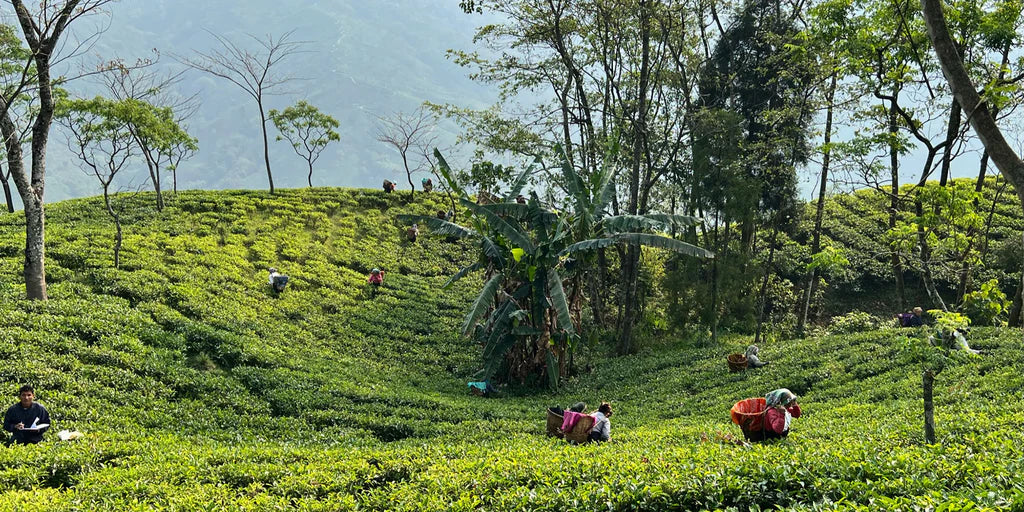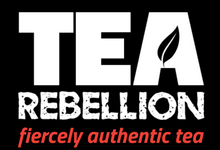
Discover the Art of Direct Trade Tea
Welcome to the world of direct trade tea, where tradition meets sustainability and every cup tells a story. Direct trade tea goes beyond a beverage it’s a cultural experience that supports ethical sourcing, fair compensation, and exceptional quality. By working directly with growers, this practice ensures transparency while preserving the artistry of tea-making. From the misty hills of Darjeeling to the lush plantations of Japan, each sip reveals unique flavors, aromas, and stories of dedication.
🌱 Learn more about the farmers and communities behind your cup by visiting Our Farms — where passion, sustainability, and the timeless joy of tea come together.
The Direct Trade Process
The direct trade process stands out as a beacon of transparency and sustainability, revolutionizing how international trade is conducted. This blog section explores the intricacies of the direct trade process, focusing on two fundamental pillars: Negotiation and Collaboration, and Quality Control.
Negotiation and Collaboration
A hallmark of direct trade is the emphasis on fostering close relationships between producers and buyers. Unlike traditional trading models entangled with numerous intermediaries, direct trade champions a more intimate and direct engagement between the stakeholders. This personal interaction cultivates a profound understanding of each other's needs and aspirations, paving the way for mutually beneficial agreements. By engaging in transparent negotiations and collaborative decision-making, producers and buyers can forge enduring partnerships that transcend mere business transactions.
Quality Control
Central to the ethos of direct trade is the unwavering commitment to quality. Upholding exceptional quality standards is not merely a choice but a necessity for both producers and buyers to safeguard their reputation and meet consumer demands. Direct trade empowers buyers to exercise a hands-on approach to quality control by inspecting production processes, ensuring adherence to stringent standards, and providing constructive feedback for continuous enhancement. This direct supervision not only ensures consistent quality but also fosters trust among all involved parties. Furthermore, by eliminating superfluous intermediaries, direct trade enhances traceability and accountability in the supply chain, resulting in products that are not only of superior quality but also ethically sourced.
Beyond the realms of conventional trade practices, the direct trade process champions sustainability, ethical sourcing, and social responsibility. By prioritizing open communication, collaborative partnerships, and stringent quality control measures, direct trade heralds a new era of conscientious commerce. This innovative approach not only benefits producers and buyers but also resonates with socially conscious consumers seeking products with a profound story and a positive impact.
In essence, the direct trade process embodies a paradigm shift in international trade, exemplifying the power of cooperation, integrity, and quality assurance. As the world becomes increasingly interconnected, embracing the principles of direct trade is not just a choice but a necessity for creating a more equitable, sustainable, and harmonious global marketplace.
Conclusion
Exploring direct trade tea offers tea lovers an authentic experience while supporting sustainability and ethical practices in the industry. By understanding the journey from farm to cup, consumers can appreciate the craftsmanship, quality, and positive social impact behind each brew. Embracing direct trade creates a transparent system that benefits both farmers and drinkers. Elevate your tea experience by discovering the art of direct trade tea.
